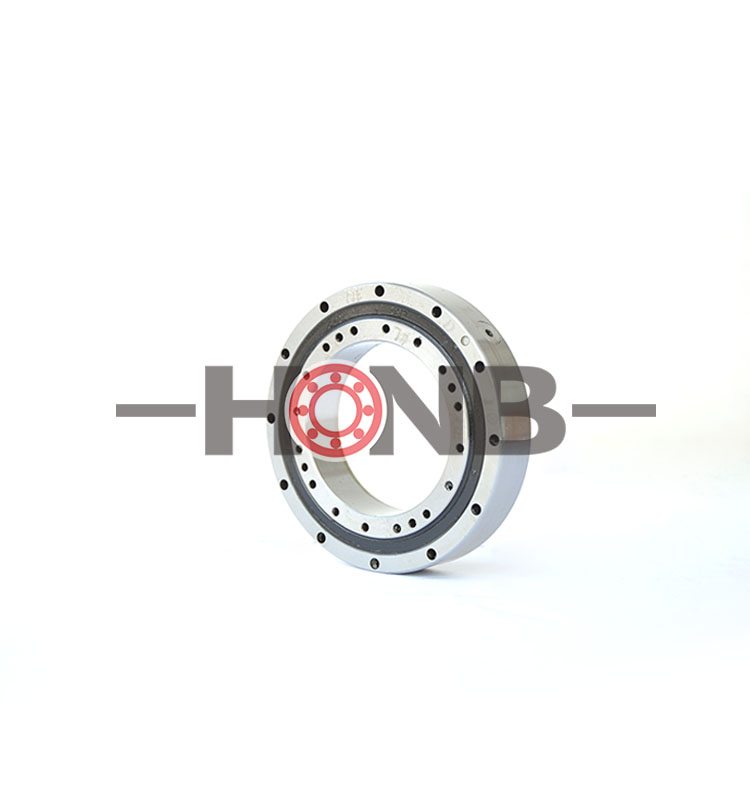Product FAQ
Bearing Maintenances
Commonly used installation tools for rolling bearings include hand hammers, copper rods, sleeves, special backing plates, screw clamps, presses, etc. The tools include vernier calipers, micrometers, dial indicators, etc., but different tools must be selected according to different bearing models.
After choosing and using the correct tools, you can install the bearing. During installation, pay attention to whether there are bruises, rust layers, abrasive chips, sand, dust and mud. If there are any, it will cause installation difficulties. You must keep them imported. The bearing assembly surface and the surface of the parts mating with it are clean.
In addition to cleaning the assembly surface of the rolling bearing and the parts that match it, you should also pay attention to whether there is a rust layer on the surface of the journal, the bearing housing hole, the shoulder end face, and the connecting parts such as bushings, washers, end caps, etc.? If there is any, you can use a fine file to remove it, polish it with fine emery cloth, and then install it.
In terms of bearing speed, the bearing is determined based on factors such as bearing type, size, accuracy, cage type, load, lubrication method, and cooling method.
The installation and disassembly of bearings require frequent disassembly and installation in specific applications to ensure that they can be inspected and repaired accordingly. Bearings whose inner and outer rings can be installed separately, such as cylindrical bearings, needle roller bearings, and tapered bearings, are very suitable for this occasion. Tapered hole type self-aligning ball bearings and self-aligning roller bearings also simplify the installation procedure with the help of shaft sleeves.
In some cases, rolling bearings need to be preloaded to increase rigidity. This procedure is usually used for deep groove ball bearings, radial thrust ball bearings and tapered roller bearings with inner and outer ring offsets, shaft bending, shaft or bearing box tolerance changes, and fit Mistakes will lead to eccentricity of the inner and outer rings. In order to prevent the eccentricity angle from being too large, self-aligning ball bearings, self-aligning roller bearings, or self-aligning bearing seats are the better choices. The sound frequency and torque, and the rolling bearings are all manufactured according to high-precision standards, so the sound and torque are small. Deep groove ball bearings and cylindrical roller bearings are suitable for occasions with special requirements for low noise and low torque.

Categories
News
Contact Us
Contact: YRT Rotary Table Bearing|Crossed Roller Bearing|Luoyang Hongyuan Bearing 【HONB】
Phone: 13653797636
Tel: 400-037-9586
E-mail: lyhyzc7@gmail.com
Add: Chuangye road, Konggang Industrial cluster district,Luoyang city, Henan province, China